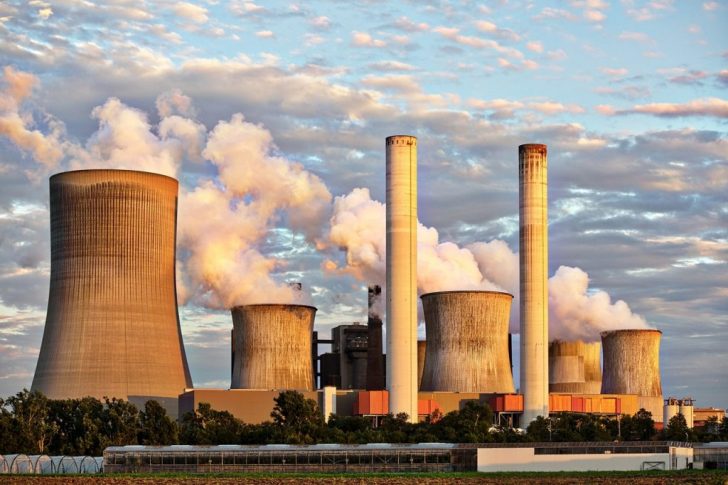Humans form an integral part of the environment and have the greatest ecological footprint. We have resourcefully restructured all aspects of earthly life. This has influenced human evolution, from the very first human ancestors to our modern-day selves, and indeed, we have come a long way through nearly two million years of evolution. From advances in man’s social behavior to accomplishing new feats in various fields, we always strive to provide a better standard of living for civilization. However, Humans are very much a part of our environment, and our mostly well-intended actions have far-reaching side effects on the entire ecosystem and environment.
We are currently facing the most critical environmental issues in human history. Our climate, planet, lives, and future as a civilization are all at risk. While the magnitude of that thought can be extremely overwhelming, don’t allow yourself to feel helpless, not knowing where to begin. Making small steps and adjustments in your daily routine will give you a sense of success and a yearning to attempt more.
Overexploitation of resources

Let’s take it back to the basics and reduce, reuse, and recycle. Recycling is the most familiar of the three solutions, but we should focus on the other two to achieve the greatest positive impact. Learn how to reuse everyday items. DIY culture has promoted the ability to repurpose almost anything. Utilize the internet to find out what you can do. Reducing is effective economically and environmentally. One way we can reduce is by being extra cautious about the overexploitation of water. Don’t keep your water running and cut down on lawn sprinkler systems.
Deforestation and reforestation
Growing populations must be housed, so they seek more space to build homes and cities. This often involves clearing forests to make room for urban and suburban development and provide building materials. Currently, it is estimated that 18 million acres of trees are clear-cut every year to create space for development and to be used in wood products.

Deforestation has many effects, including decreasing oxygen levels (and increasing greenhouse gases), elevated risk of soil erosion, and destroying animal habitats. But as is the case with industrial agriculture, some groups have endeavored to create a positive counter-impact to deforestation’s detrimental effects on the environment. Reforestation efforts seek to replace as much forest land as possible every year, and it is currently estimated that about 40 percent of the trees removed each year are being replaced.
Climate change

Broad-scale problems like climate change aren’t easily solved, but simple efforts make a difference. Consider your modes of transportation, electricity use, and the benefits of buying locally. Making choices considering the climate change problem is healthy for the planet and you. We need to abandon the feeling of hopelessness we may feel in regard to environmental problems. We must work together to have the power to make the change; otherwise, nothing will get better.




